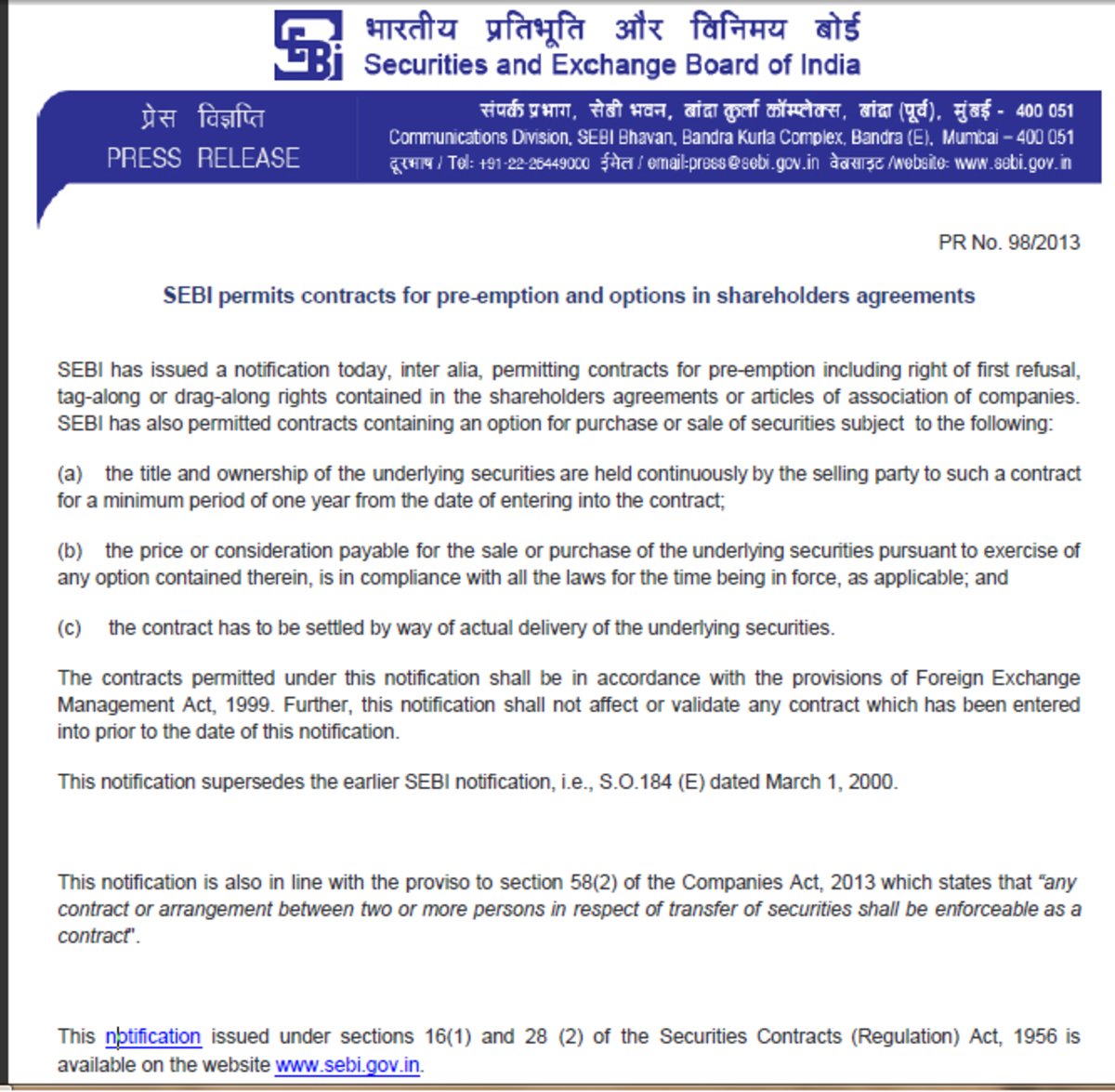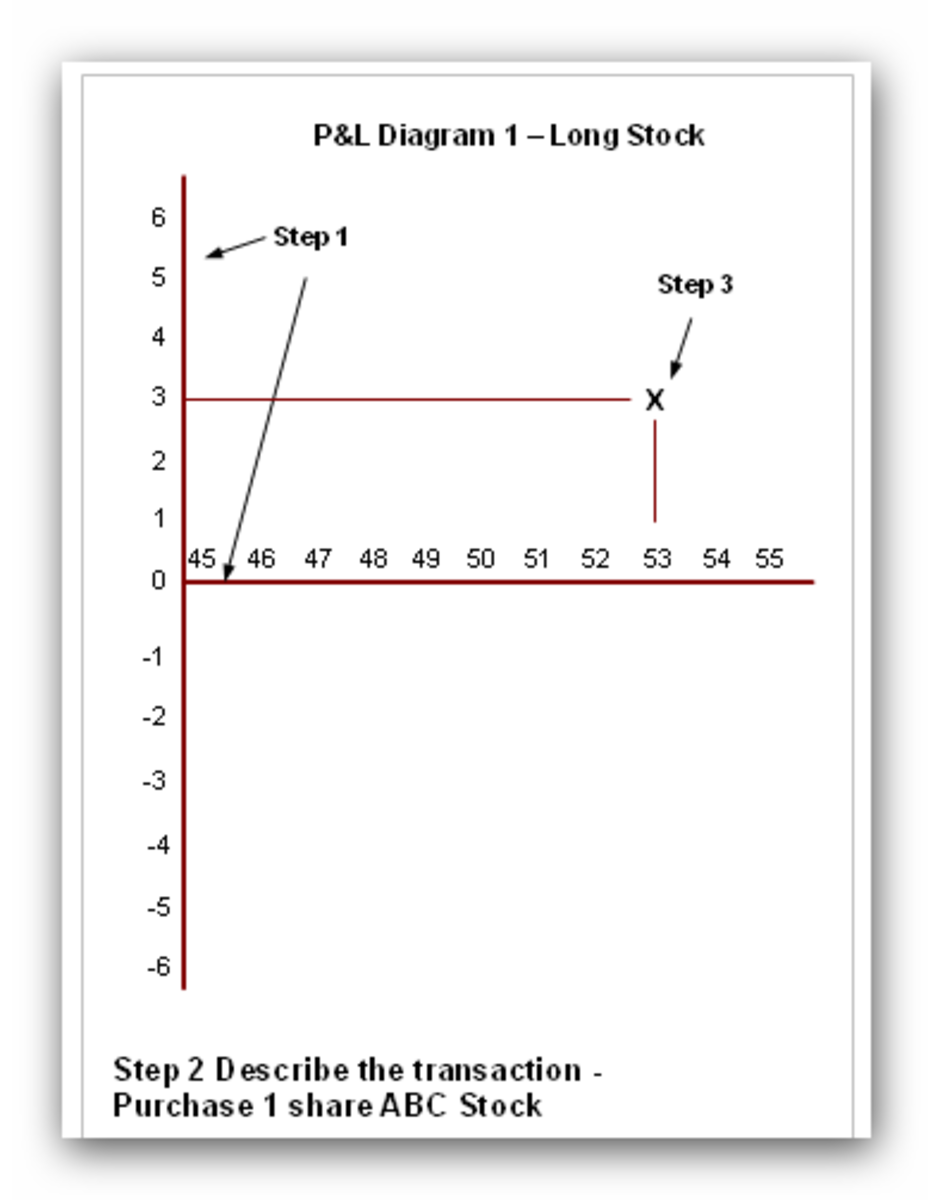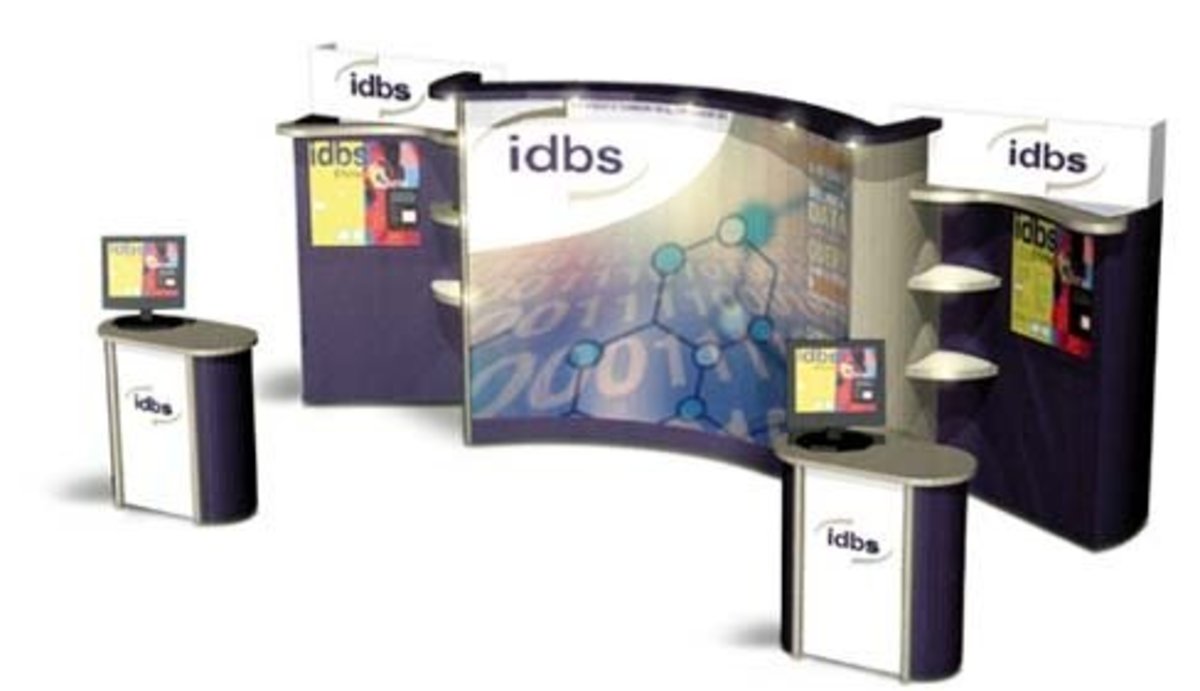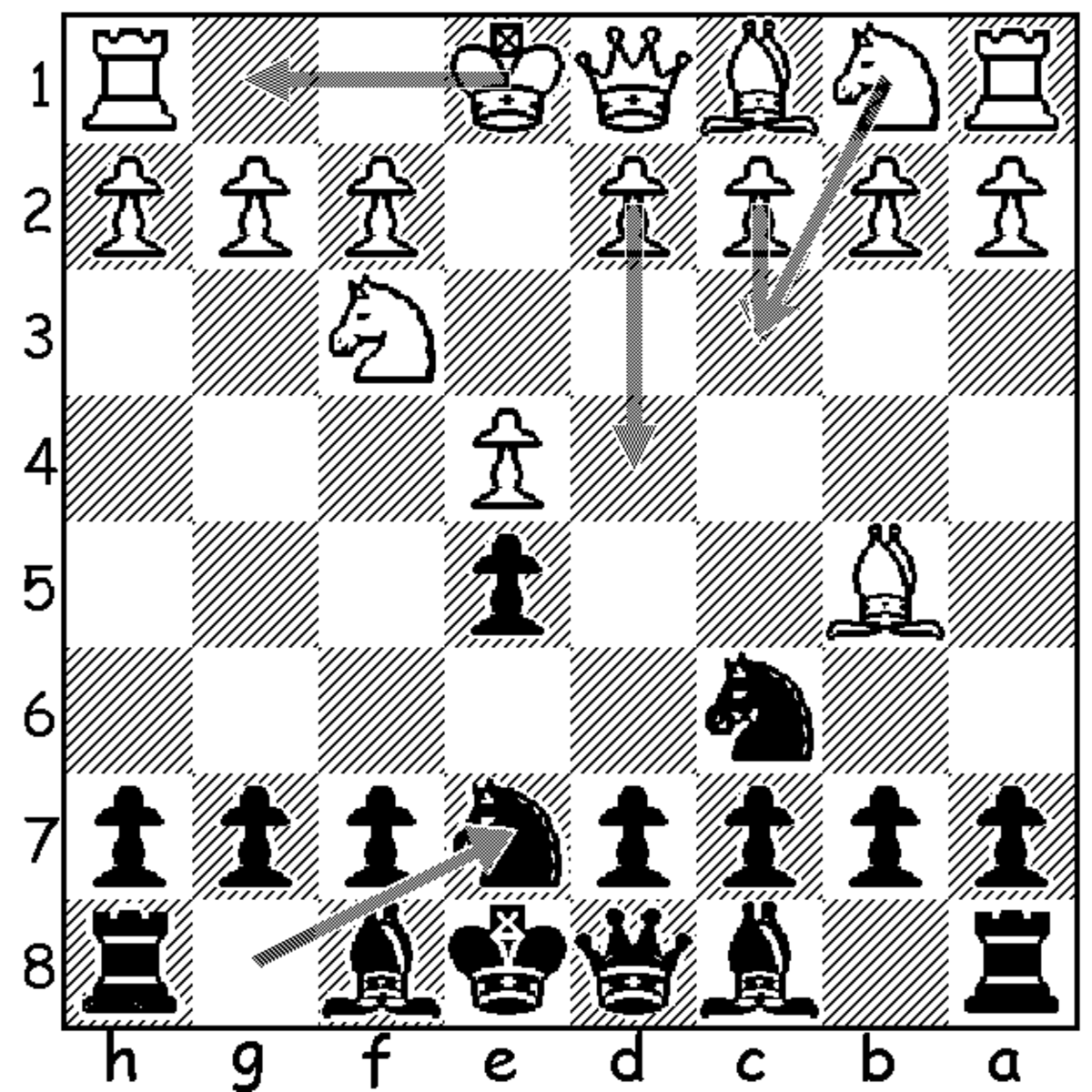Stock Options Explained
An Investment Management Tool
An option is simply the right, for a specified period of time, to buy or sell an item at a guaranteed price. Stock options then, are rights to buy or sell shares of stock at a guaranteed price during the life of the option.
There are two types of stock options - "puts" which give the holder the right to sell the stock at guaranteed price; and, "calls" which give the holder the right to buy the stock at a guaranteed price. Of course, you have to pay to purchase a stock option. The investor who owns the stock in question sells the option. If the option is exercised then the stock must be sold to the holder of the option if the option is a call (which gives the right to purchase the stock) and the stock must be purchased by the holder if the option is a put (which gives the right to sell the stock).

To the uninitiated, stock options might seem like gambling and some
of those operating in the options market are essentially gambling.
However, unlike gambling, in which money simply moves from one person
to another with no new value created, stock options do perform a
socially useful and productive service.
The
most common use of call options occurs when an owner of a certain stock
is unsure as to whether the price will rise or fall in the next three
months. So, this investor "writes" (sellers of options are said to
"write" the option) an option contract that specifies sale price higher
than the current price of the stock and sells it in the market. If the
price of the stock rises to the price specified in the contract (called
the "strike" price) the owner will have to sell it. Granted, if the
stock keeps rising the writer of the option loses the opportunity for a
windfall profit. However, an option strategy like this is a
conservative one designed to lock in a predetermined profit and not
make a windfall. If, on the other hand the stock never rises above the
strike price the seller of the call pockets the price received for the
option and keeps the stock.
A second
common use of call options involves the giving of stock options to
managers, and sometimes employees, of a business as an incentive to
work harder to increase revenue and profits. When profits increase the
price of the stock usually rises and this becomes a bonus for good work
at no cost to the company. The stock here is the stock of the company
issuing the option and the shares upon which the options are written
are stock that the company has previously purchased (companies can, and
due, purchase shares of their own stock and this is called "treasury"
stock). In this scenario the options are written for a much longer
period than the usual three months and if the stock price has risen
above the strike price when the option comes due the employee can
exercise the option, buy the stock at the lower strike price and resell
it at the higher market price and pocket the profit (actually, there is
a market for options and the value of the options increases in
proportion to the increase in stock so, in reality, the employee simply
sells the option and pockets the profit). Of course, if the stock price
has not increased the option expires worthless.
When
a person writes a put they are promising to purchase the stock from the
buyer of the put at an agreed upon price. An example of the use of a
put would be an investor who expects the price of a stock to fall. This
investor then borrows stock from someone who owns it, promising to
replace it by a specified future date and paying a fee to the owner of
the stock. If the stock falls in price as expected the investor buys
the shares back at the new, lower price and gives them back to the
person from whom he borrowed them. Selling stock you do not own is
called "selling short" and it is risky because the short seller can
lose money if the stock's price rises rather than falls. To protect
themselves against this a short seller can sell a put thereby limiting
his loss if the stock price doesn't fall.
Who would purchase a put? Consider the case where a person dies and leaves an estate containing a large number of shares in a company. The family of the deceased needs the money represented by the stock and want the executor to sell the stock and invest it in something more conservative. But it will take a few months before the estate is settled and the court allows the sale of the stock. Fearing that the stock may fall in value, the executor buys the put giving the estate the right, but not the obligation, to sell the stock at the strike price which is close to the current price. If the price of the stock rises the heirs get more money, but, if the price falls the heirs are guaranteed the strike price.










